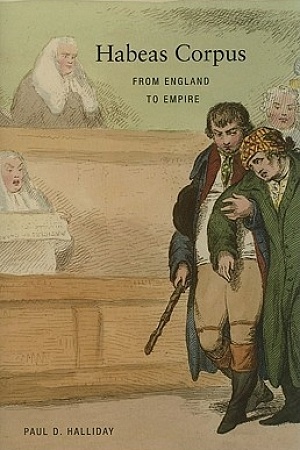Progressive New World: How settler colonialism and transpacific exchange shaped American reform
Harvard University Press (Footprint), $68 hb, 307 pp, 9780674975958
Progressive New World: How settler colonialism and transpacific exchange shaped American reform by Marilyn Lake
In 1902, Australian feminist and social reformer Vida Goldstein met Theodore Roosevelt in the White House during her North American lecture tour. Marilyn Lake retells the story of their encounter in her important new book. Seizing Goldstein’s hand in a vice-like grip, the president exclaimed: ‘delighted to meet you’. Australasian social and economic reforms attracted Roosevelt and other Americans. Lake’s focus is primarily, though not exclusively, on Australia, yet New Zealand was in some cases more socially ‘progressive’. Other antipodean visitors, including Catherine Spence, who lectured in Chicago on proportional representation, and jurist H.B. Higgins at Harvard, also received warm welcomes. Visits to and fro often produced long friendships, and the chain of letters is important in Lake’s impressive reconstruction of a trans-Pacific sensibility.
In Progressive New World, Lake argues that Australasia and the United States were engaged in a conversation of mutual, if sometimes qualified, admiration. Charles Pearson’s friendship with Harvard’s Charles Eliot Norton, Alfred Deakin’s with philosopher Josiah Royce, and New Zealander Edward Tregear’s epistolary debates with the labour economist Victor Selden Clark, are explored, among other affective connections. In this light, US historians will need to reassess the assumption that progressive reform was either an internal product or a result of transatlantic dialogues alone.
Continue reading for only $10 per month. Subscribe and gain full access to Australian Book Review. Already a subscriber? Sign in. If you need assistance, feel free to contact us.














Leave a comment
If you are an ABR subscriber, you will need to sign in to post a comment.
If you have forgotten your sign in details, or if you receive an error message when trying to submit your comment, please email your comment (and the name of the article to which it relates) to ABR Comments. We will review your comment and, subject to approval, we will post it under your name.
Please note that all comments must be approved by ABR and comply with our Terms & Conditions.